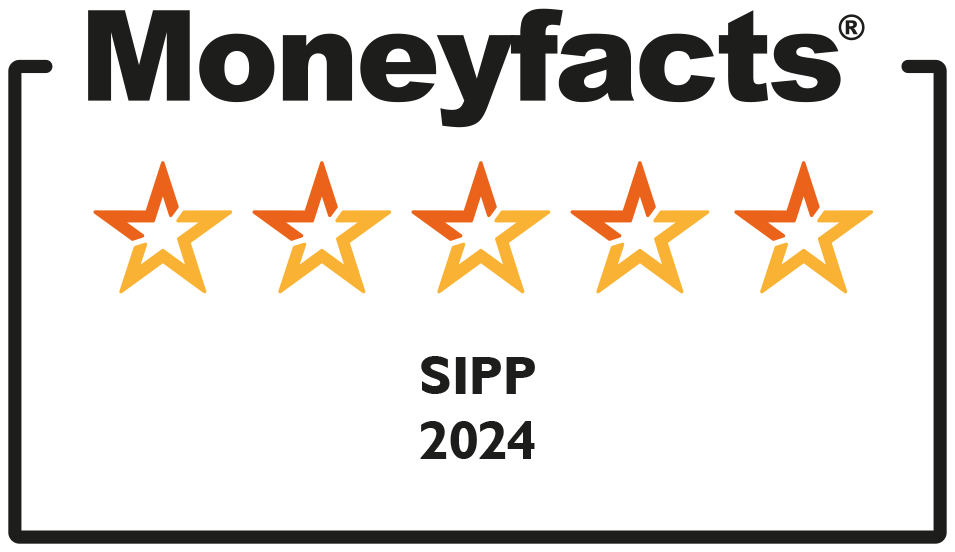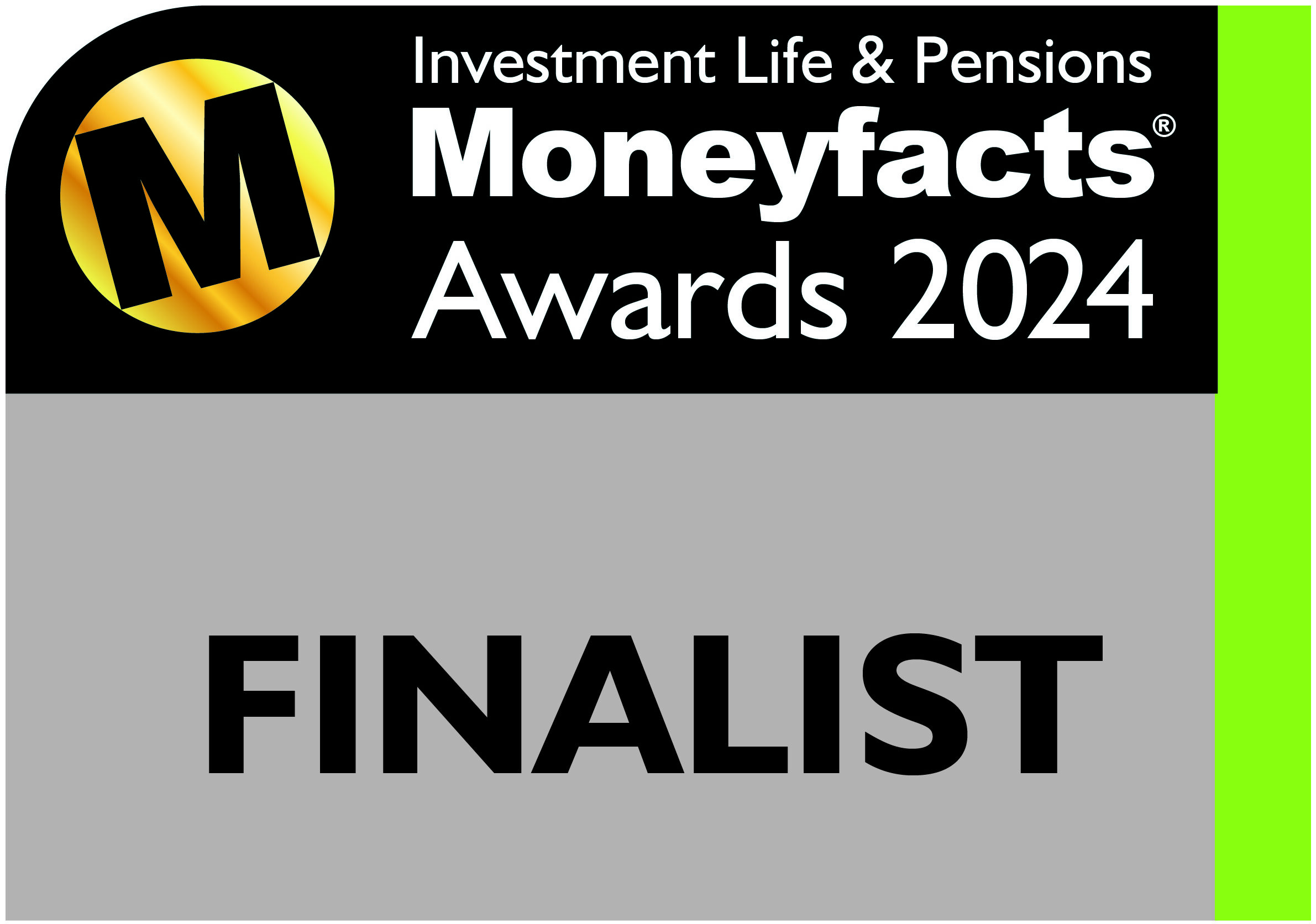Orange, Y2K and the Sixth Sense – November 1999 remembered
Back in November 1999, Tony Blair was the Prime Minister and Bill Clinton was well into his second term as President of the United States.
It was also the month that a small pension company launched in Hertfordshire. So, as we celebrate our 20th birthday, we thought it would be fun to look back at what else was going on in the world in the month that IPM were established…
The financial news 20 years ago
Back on Monday 15 November 1999, it was perhaps no surprise to see this headline in the Daily Mail: “Tech shares still soaring”.
Telecoms giant Orange had agreed a £20 billion takeover offer from Mannesmann, with their shares jumping 151p to £18.45. Other telecoms stocks saw big rises on that day also, with Cable & Wireless up 41p to £7.76p and BT ahead 46p to £12.86p.
Twenty years ago, we were also starting to see the start of consolidation in the banking and finance sector, with cost-cutting as much on the agenda then as now. This week two decades ago both Barclays and Northern Rock had announced significant branch closures, while NatWest shares rose on the news that Royal Bank of Scotland was planning a rival bid for the bank to match the Bank of Scotland bid already on the table.
The FTSE 100 closed on 15 November 1999 up 22 points at 6533.6. The Bank of England Base rate was raised in early November to 5.5%, while inflation sat at a rate of just 1.2%.
The Minimum Wage, which had been introduced just seven months earlier, stood at £3.60 per hour for workers aged 22 or over while the average house price in the UK was £82,504.
In pension news, Self-Invested Personal Pensions (SIPPs) were one of the hottest properties in 1999.
While SIPPs had been around since the early 1990s, take-up soared as the millennium approached. The Daily Telegraph reported that, in 1999 alone, a total of £10 billion was invested in 500,000 SIPPs – twice as many schemes as were in force the previous year.
The State Pension was just £66.75 per week (£106.70 for a married couple).
The Y2K problem
Twenty years ago, the biggest problem facing anyone who ran their organisation using computer technology (essentially, almost everyone) was the Millennium or Y2K bug.
Problems were anticipated (and arose) because many programs represented four-digit years with only the final two digits – making the year 2000 indistinguishable from 1900.
Back in late 1999, the assumption of a twentieth-century date in such programs could cause various errors, such as the incorrect display of dates and the inaccurate ordering of automated dated records or real-time events.
Businesses and government put huge resources into tackling the problem, with the total cost of the work done in preparation for Y2K estimated at over US$300 billion.
The major news headlines in November 1999
After some difficult years, November 1999 was a good time for the Queen. A major referendum in Australia asked the electorate whether they wished to become a republic, replacing the monarch with a President.
Despite many high-profile figures (and the country’s press) largely backing the move to a republic, the vote failed, with more than 54% of Australian voters choosing to retain the status quo.
There was also constitutional change in the UK. Having come to power two years earlier, Tony Blair’s Labour government passed the House of Lords Act 1999 on 11 November 1999. The legislation removed the right of hereditary peerage in the House of Lords, reducing the number of members from 1,330 to just 669 in March 2000.
Domestic politics descended into farce as the race to become Mayor of London took more twists and turns. Conservative candidate Jeffrey Archer pulled out of the race after it emerged he had asked a friend to provide a false alibi in a libel case twelve years earlier, while Ken Livingstone finally joined the short list of Labour candidates after weeks of speculation and investigation.
Sports news in November 1999
A two-horse race was developing for the Premier League title in November 1999.
Sir Alex Ferguson’s Manchester United side beat Leicester City 2-0 to go top of the table (two goals from Andy Cole) while Leeds United slipped to second after a 2-0 defeat at Wimbledon. Sunderland moved up to third with a draw at local rivals Middlesbrough while Sheffield Wednesday propped up the table despite taking a point against Watford.
England also celebrated qualification for Euro 2000 with a 2-1 aggregate win over Scotland in the play-offs, notable for being the first live webcast of an international football match.
The fourth Rugby World Cup came to a conclusion in November 1999 at the Millennium Stadium in Cardiff.
After an unexpected win for South Africa over the All Blacks in the third-place play-off, Australia won the tournament for the second time; Matt Burke kicking 25 points in a comfortable 35-12 victory over France.
Three years into his professional career, Tiger Woods was dominating the world of golf. The 23-year-old ended the PGA season in November 1999 with a win at the WGC-American Express Championship, pocketing a cool $5 million.
Pete Sampras beat compatriot Andre Agassi to win the ATP World Finals tournament, while Australia beat France 3-2 to win the 1999 Davis Cup.
The cultural highlights of November 1999
Twenty years ago, it was pop that dominated the British music charts. As well as two former Spice Girls having solo singles in the Top 10, it was boy bands, girl bands, and a mixture of the two that featured heavily in the singles chart.
Backstreet Boys, A1, Five, Another Level, Westlife, Steps, Savage Garden and S Club 7 all had songs in the Top 40, while for the cooler kids, Travis, Suede and the Stereophonics also all featured.
Top 5 singles in November 1999:
- She’s The One – Robbie Williams
- Will 2K – Will Smith
- Everytime – A1
- Lift Me Up – Geri Halliwell
- If I Could Turn Back The Hands Of Time – R Kelly
In terms of Saturday TV viewing 20 years ago…well, in truth, little has changed! Ant & Dec were the big hopes for ITV – although hosting the morning show SM:TV rather than evening entertainment – while the channel also featured episodes of You’ve Been Framed and their big new hit quiz show Who Wants To Be A Millionaire?
Over on the BBC Grandstand was still a fixture of Saturday afternoons while Casualty had become a staple of Saturday evenings. BBC2 hosted a night celebrating the much-missed Doctor Who (seven years before its return to the schedule) ahead of the Foo Fighters and Ian Brown’s appearance on Later…With Jools Holland.
At the cinema, there were three films – all classics in their own genre that topped the British box office in November 1999.
Made for just $60,000, sleeper hit The Blair Witch Project is credited with bringing ‘found footage’ cinema to the mainstream. Directed by Daniel Myrick and Eduardo Sanchez, the horror ended up grossing almost $250 million worldwide, making it one of the most profitable films in cinema history.
Following The Blair Witch Project’s run at the box office came another word of mouth hit: The Sixth Sense. Director M. Night Shyamalan’s tale of a young boy ‘who sees dead people’ contains one of the most celebrated twists in movie history and went on to be nominated for six Academy Awards.
In late November it was the 19th film in the long-running James Bond series that dominated the box office. The World Is Not Enough, Pierce Brosnan’s third outing as 007, saw the spy on a mission to investigate the daughter of a wealthy British businessman and her attempts to inflate petroleum prices by triggering a nuclear meltdown in Istanbul.



